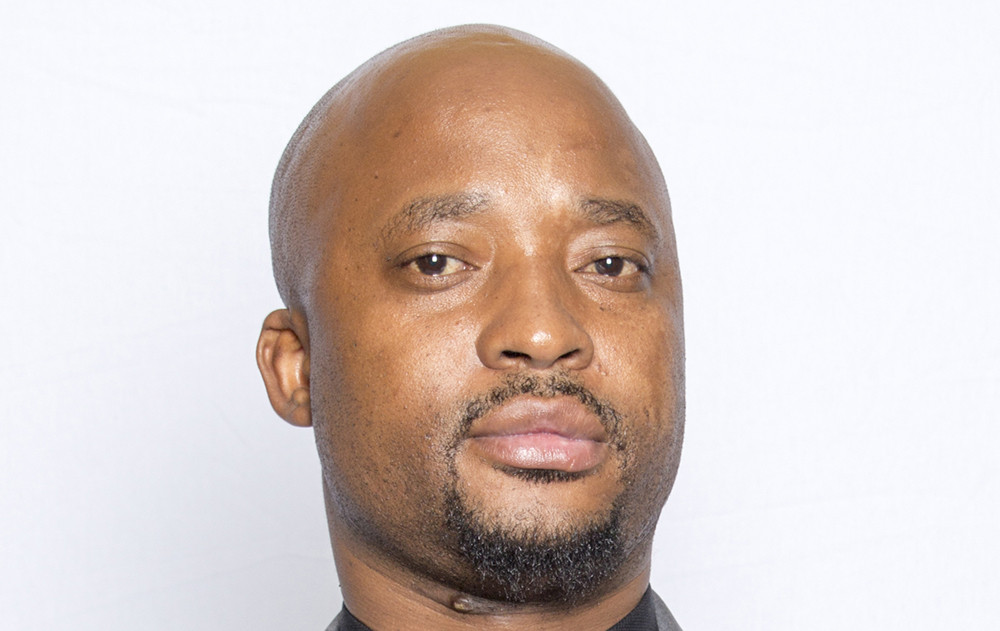Hon. Refiloe Kekana
SPONSORED
This webinar was hosted by the Mail & Guardian and Gauteng Provincial Legislature. It featured Refiloe Kekana from the Standing Committee on Public Accounts, Boitumelo Letsoalo of the Petitions Standing Committee and Fasiha Hassan, the youngest MPL in the legislature’s history. It was hosted by business speaker Vusi Thembekwayo.
South Africa’s democracy is supposed to be participatory and the Gauteng Provincial Legislature (GPL) ensures greater accountability of the provincial government. Members of society are encouraged to participate in this oversight role. The budget for Gauteng, for instance must achieve what it sets out to do; resources must reach the right people; the inequality gap must be bridged; corruption must reduced; and transparency must be maintained.
The majority of South Africa is under 35 but they are marginalised and youths are struggling to find meaningful employment. They must be in the spotlight, and not only on June 16. All excluded groups must be budgeted for so they can join the economy, for instance in the Gauteng tourism industry programme.
Regarding petitions, there have been many issues regarding housing and schools in Gauteng. The Petitions Standing Committee is an enabler that allows citizens to have a voice and make their problems known. Service delivery is a problem, and the provincial departments like social development must improve their communication skills, so that people know which programmes are in place, and so that budgeted money is indeed spent on the most urgent issues.
 Hon. Boitumelo Letsoalo is Chairperson of the Petitions Committee at the Gauteng Provincial Legislature
Hon. Boitumelo Letsoalo is Chairperson of the Petitions Committee at the Gauteng Provincial LegislatureCovid-19 has exposed the inequalities in our country and the lack of streamlined processes. About a third of Gauteng is currently food insecure. There has been a lot of re-prioritising so that people get food, and so that businesses in trouble get help. Covid-19 has revealed that there has not been enough disaster planning; better strategies are required by all the various provincial departments, and a portion of their budgets must be set aside for disasters. This is something portfolio committees are going to have to organise, so we don’t get caught like this again, and bureaucratic processes must be streamlined so that funds get the right places at the right speed.
Generally, there is an urgent need for policy reform and review — there is a lot of dependency on government, for example, and we need to ensure greater sustainability. Township economies must be fortified, e.g. the taxi industry has been part of South Africa’s history since the 1930s, but it still has not been formalised.
 Fasiha Hassan is the youngest MPL ever in the GPL
Fasiha Hassan is the youngest MPL ever in the GPLThe public should be better informed about what the GPL is and what their rights are within it. People need to know that they can become involved in making new laws and policies, and in the process of governance. People must avail themselves; they seem to be reluctant to participate, but this is a symbiotic arrangement. “You don’t have to wait for something to go wrong; you can petition government for change and make suggestions yourself. Government is trying to reach out, so be willing to participate meaningfully,” said Boitumelo Letsoalo.
If a meeting has been called on an issue, the public must try to stick to that topic so that constructive progress can be made and value derived, said Refiloe Kekana. Public participation should not be a tick-box exercise. Communities often know the solution to their own problems; we have to work as a collective, Fasiha Hassan pointed out.